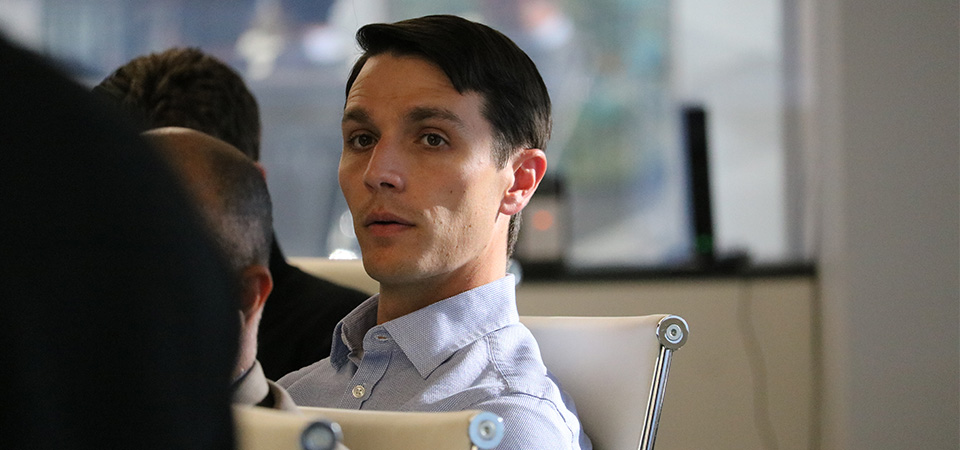I joined The Real Estate Council shortly after I became a commercial real estate lender with Frost Bank back in 2014 and quickly began looking for ways to find my place within the organization. After working with TREC’s R&D Committee and participating on a few other teams, I volunteered with Community Investors and came to really enjoy the experience. Eventually, I told (former) TREC Community Fund Director Maggie Parker and TREC President and CEO Linda McMahon to use me as they need me, and that turned into working as a mentor during last year’s TREC Shark Tank and now serving as the Community Investors’ treasurer and chair of its CRE Accelerator program.
Working with Community Investors gives me the ability to scratch my philanthropic itch by using my experience in commercial real estate to help people in the community. I’ve really liked working with developers and entrepreneurs to bring their visions to fruition. I also think Community Investors’ loan model adds a different element to the work that TREC members do and offers a point of pride to borrowers.
There’s a phrase gaining traction around here, this idea of Community Investors offering a “hand up” as opposed to providing “handouts” to the people it serves. What Community Investors does isn’t charity work per se, but rather giving borrowers the access to expertise and financial resources that might otherwise be difficult to obtain. Community Investors enables TREC members to use their talents and skills to help people develop a real estate project so these developers have more personal experience for their next project and can be successful with less guidance. There’s a “teach a man to fish” idea at play here. In a lot of instances, we’ve found that the people we’re serving know a ton about the market and their industries and communities. In some cases, they know what their real estate needs are but may lack the experience or knowledge of the ins and outs of the processes that can frustrate even experienced developers.
There’s certainly a place for grants and donations, but that’s something organizations need to find year-to-year. With Community Investors and its loan process, we’re dealing with capital that’s going out there and returning when a borrower repays the loan, so those dollars can then be loaned to someone else. That money has a multiplying effect on the people it can benefit.
Programs like the Real Estate 101 Bootcamps and the CRE Accelerator are critical for the success of the projects they support for change in these underserved communities. TREC members often have knowledge of or relationships within parts of the real estate process, like finance, permitting, construction, even zoning. At the same time, the future developers have the ear of their communities. You can put a great development plan out there, but if the community is against it then it can’t ever truly be successful. Community Investors facilitates a person’s vision becoming tangible economic activity, and that can give others hope that, hey – there’s a chance for us to do things our way, and that creates other options and opportunities in our communities.
